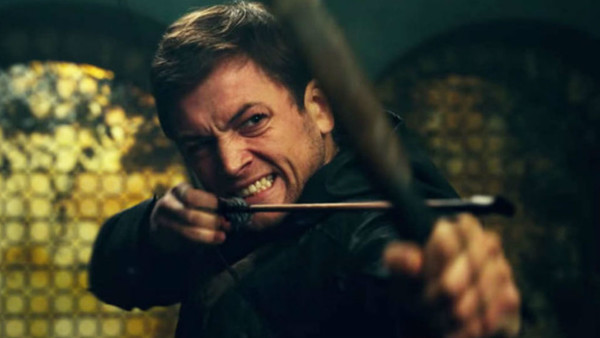Why Robin Hood Just Flopped So Hard
6. The Franchise Arrogance

The writing has been on the wall for Robin Hood ever since Sony Pictures announced that they were looking to make a shared universe about Robin Hood in 2014, which would reimagine the Merry Men as an Avengers-style team who would get their own movies before an ensemble piece.
That franchise, with the first tentatively titled Hood, was nothing to do with Otto Bathurst's movie, but its announcement (and the development of ANOTHER Robin Hood movie in Disney's Nottingham & Hood) clouded the playing field and it's fair to assume that audiences thought they were the same project. When some critics thought the same thing, it's even more likely.
The reality is that Robin Hood wasn't designed to be a shared universe, but it was fast-tracked to franchise statement immediately, which looked like supreme arrogance in the context of the film's poor buzz, bad marketing and the problematic road already set out by King Arthur: Legend Of The Sword. That film was a little bit too much like this approach to the Robin Hood production tale, and the fact that both of them were seemingly ploughing ahead setting up sequels with no grasp on the reality of their quality reflected badly on Robin Hood.
When you come to the end of the film and the "twist" is unveiled, setting up an immediate sequel, the arrogance of that presumption is even more pertinently felt. Audiences fundamentally do not like to be told that they're going to make a film profitable enough to warrant a sequel before they've even bought tickets to it. It's just that simple. And sign-posting a "potential franchise" now is like waving a red flag to a bull.
It happened with King Arthur and it's happened here again.